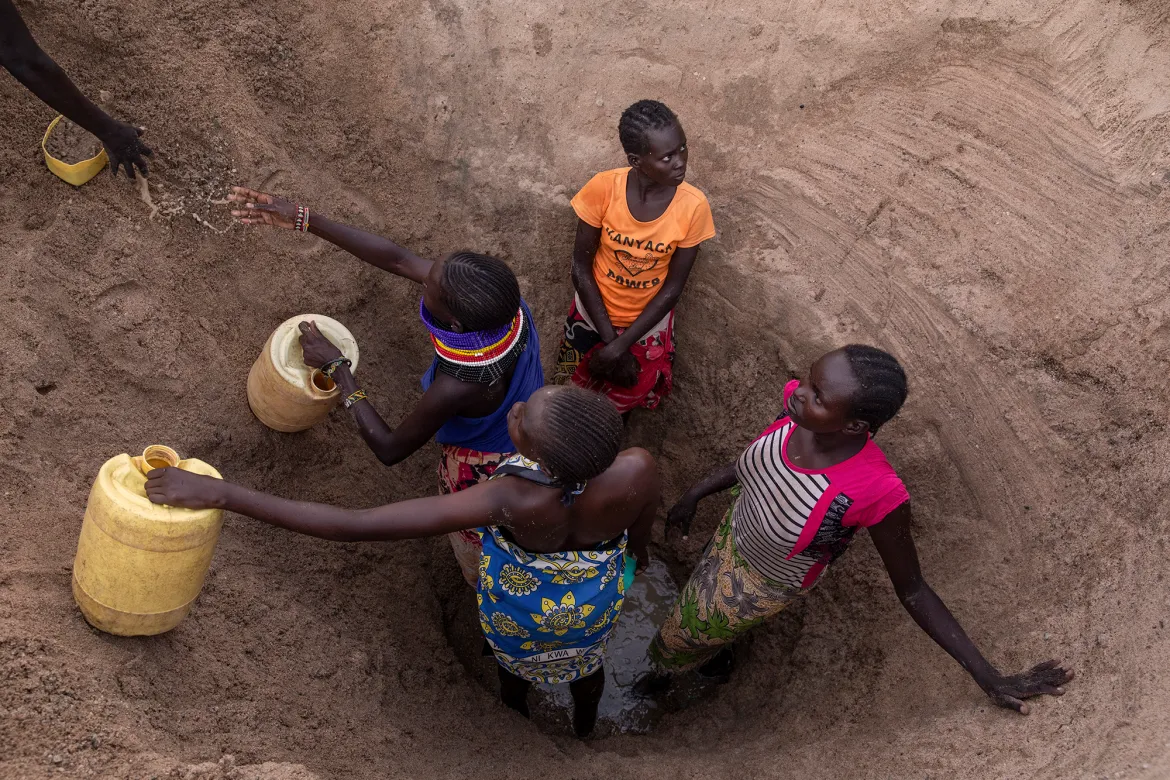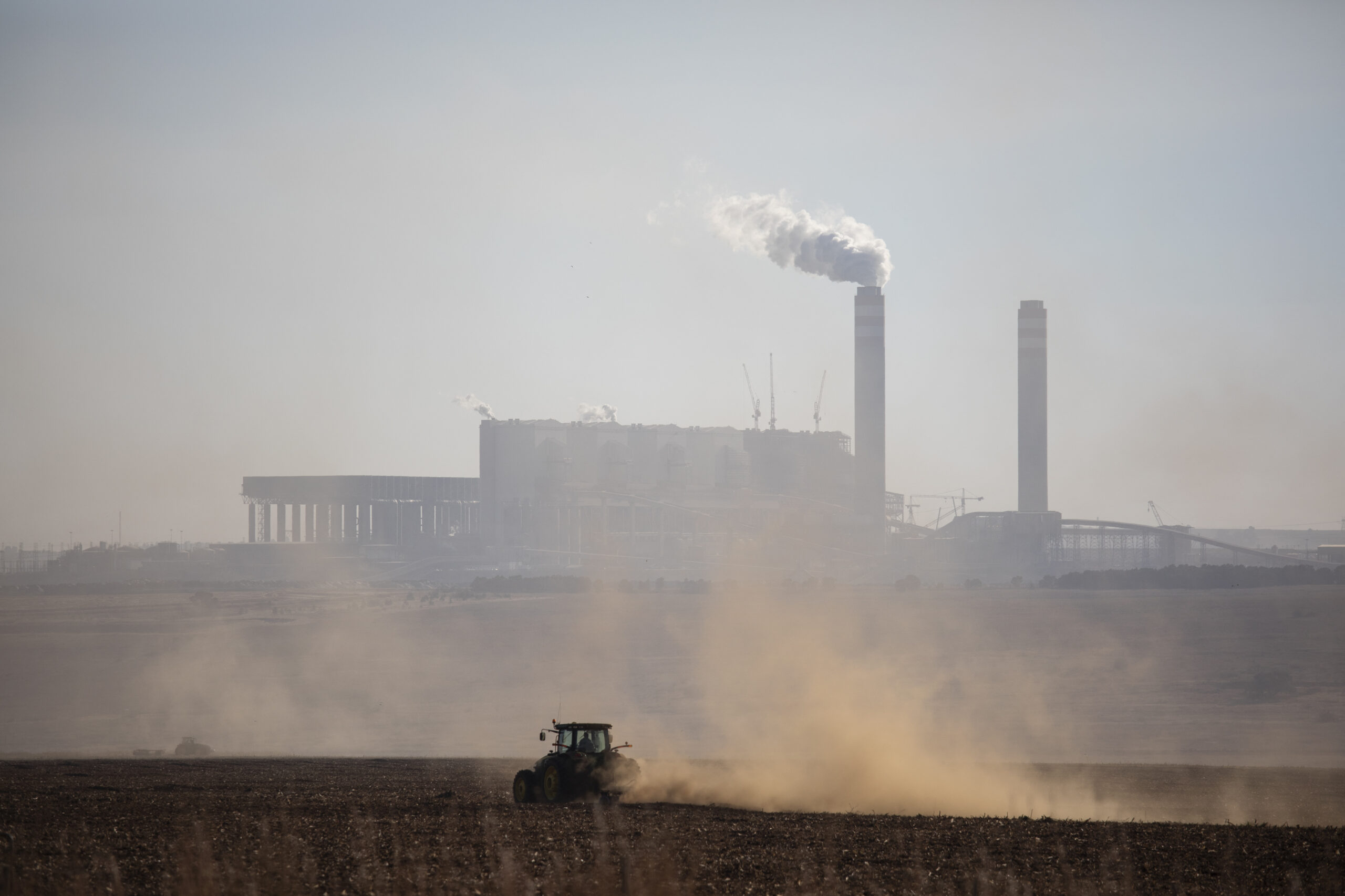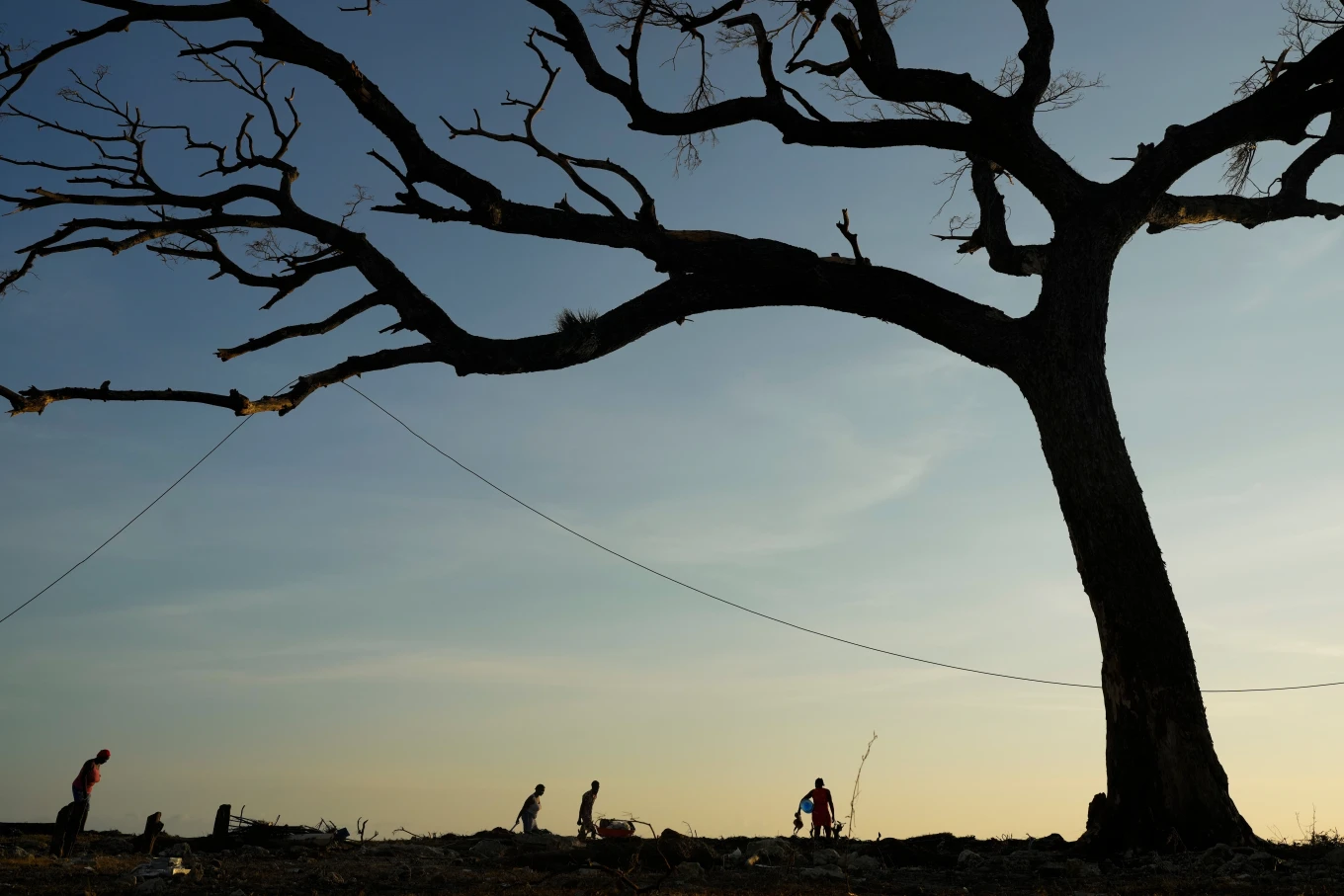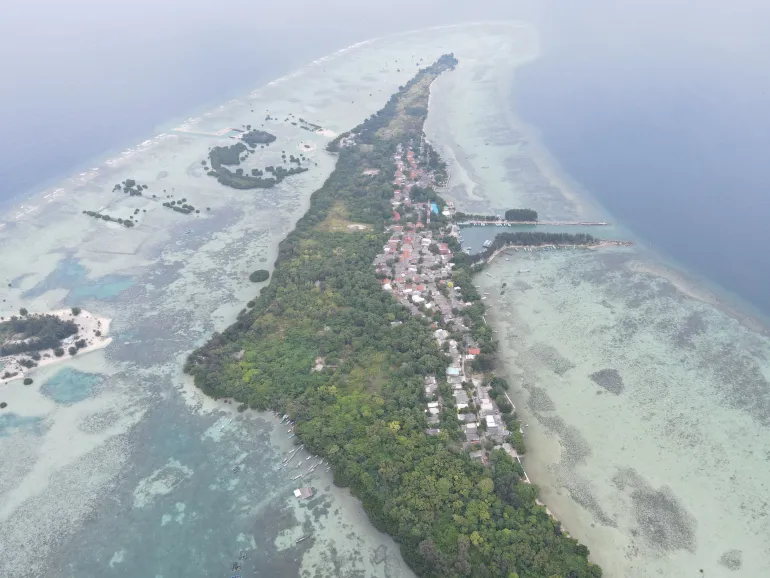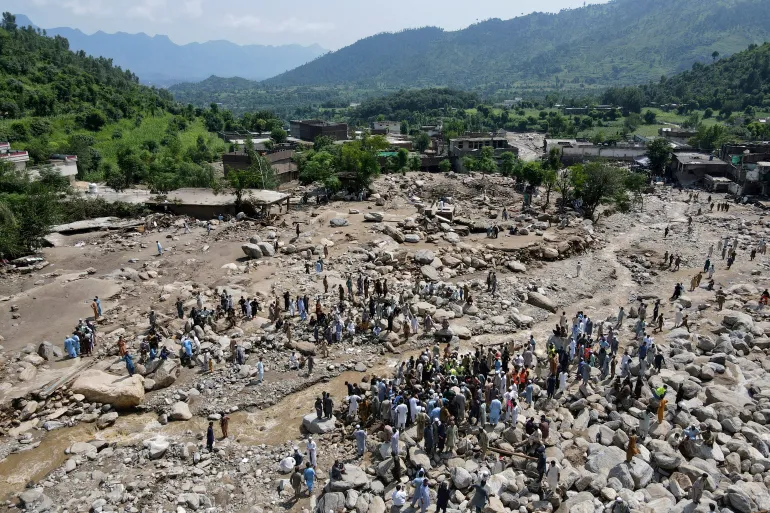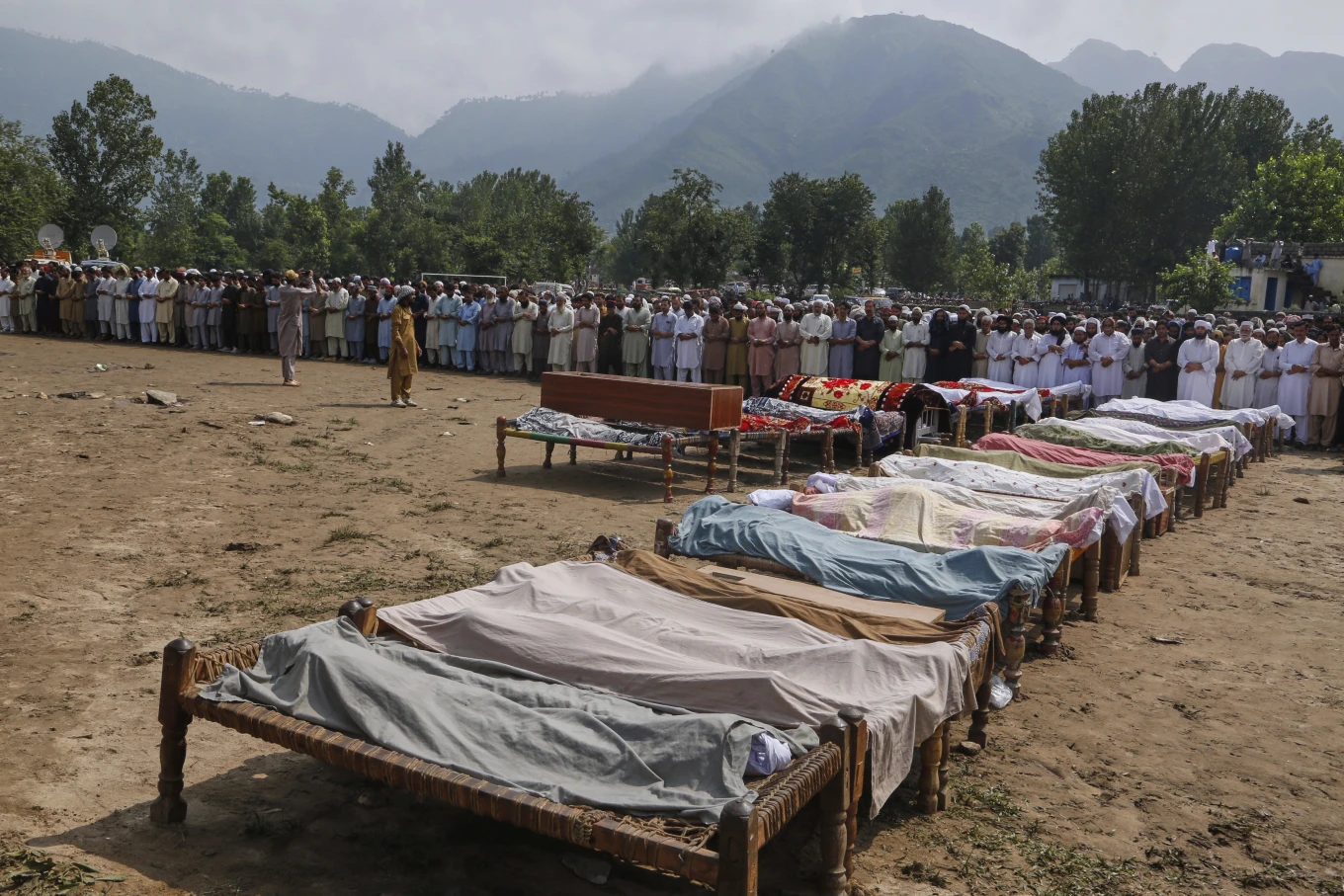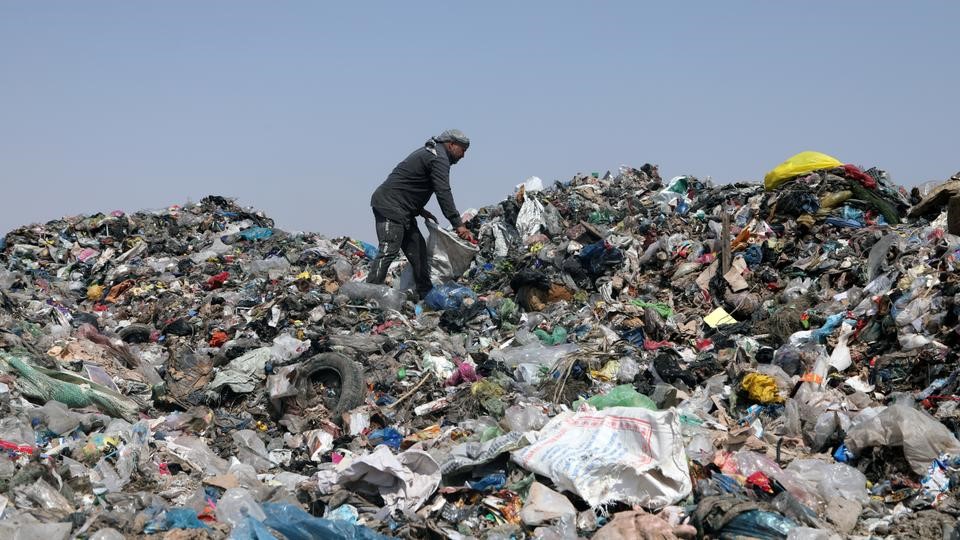Afghanistan’s Fight to Regrow Its Forests
![Afghan men sit at their firewood stall in Kabul, Afghanistan November 14, 2018 [Mohammad Ismail/Reuters]](https://liberties.aljazeera.com/resources/uploads/2025/06/1748773850.webp)
Afghan men sit at their firewood stall in Kabul, Afghanistan November 14, 2018 [Mohammad Ismail/Reuters]
Thousands of hectares of land in eastern Afghanistan’s Paktia province have been reforested in recent years, with more than 400,000 saplings planted since 2019, according to the United Nations. The initiative, part of wider efforts to restore degraded landscapes, offers a rare bit of good news from a country beset by decades of conflict and environmental neglect.
But even as new trees take root, deforestation continues at a worrying pace. Large swathes of forest are being cleared for firewood, construction materials and commercial sale—often illegally. Years of war have weakened the institutions meant to protect the country’s natural resources, leaving forests vulnerable to unregulated exploitation.
The Taliban government, which now controls most of the country, has made public statements in favour of environmental protection. However, experts say enforcement on the ground remains limited, particularly in remote areas where central authority is weak or absent.
The environmental toll is significant. Forests in Afghanistan, especially in mountainous eastern regions like Paktia and Nuristan, are vital for maintaining soil health, regulating water supplies and supporting biodiversity. Their destruction contributes to soil erosion, flash flooding and desertification—problems that have worsened in recent years due to changing climate patterns.
For many rural communities, the stakes are high. Forests provide fuel, fodder and livelihoods. Without them, families are forced to turn to increasingly fragile land, deepening a cycle of environmental and economic vulnerability.
Local reforestation efforts have shown promise, especially when communities are directly involved in planting and managing the trees. Some programmes combine environmental goals with economic incentives, such as introducing fruit trees or sustainable harvesting schemes. But campaigners warn that without stronger oversight and sustained support, such gains may prove short-lived.
“Planting trees is not enough,” one environmental officer involved in the UN-backed programme said. “We need long-term protection, not just short-term projects.”
Agencies.



